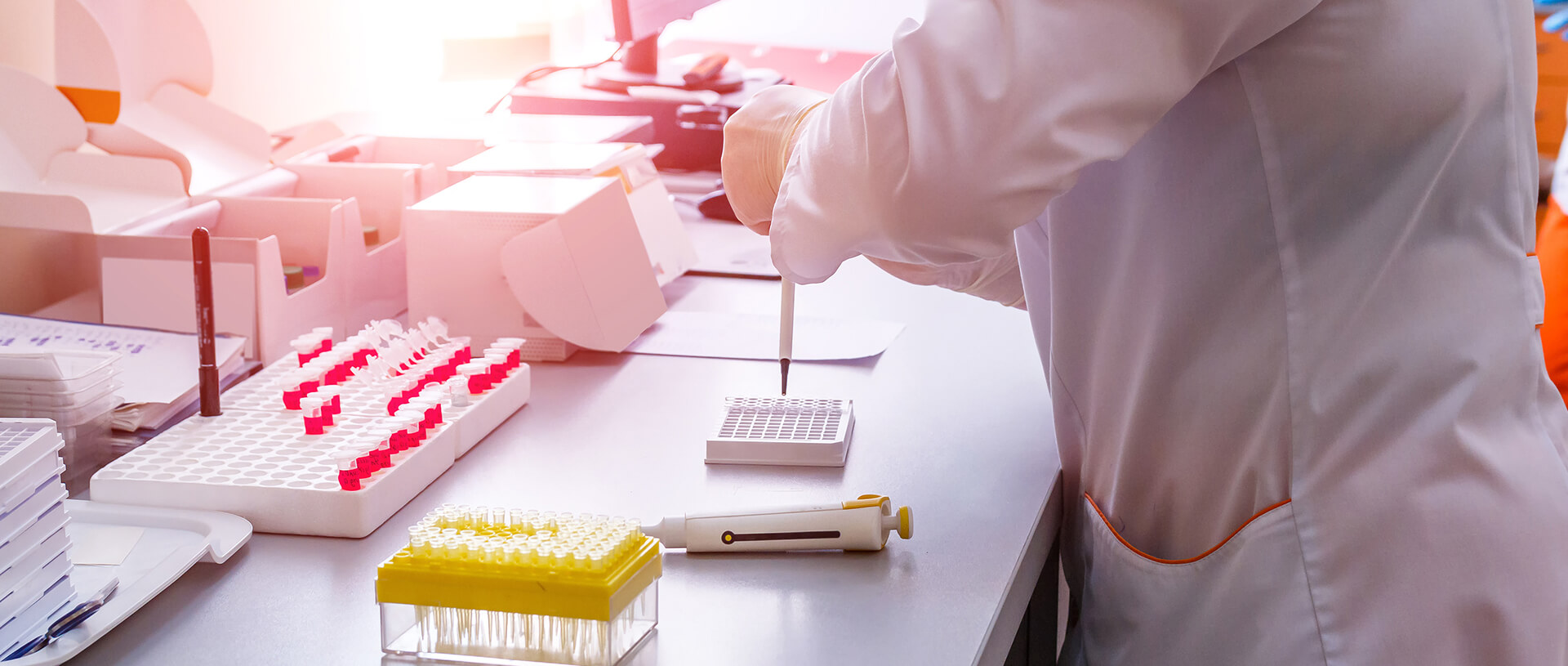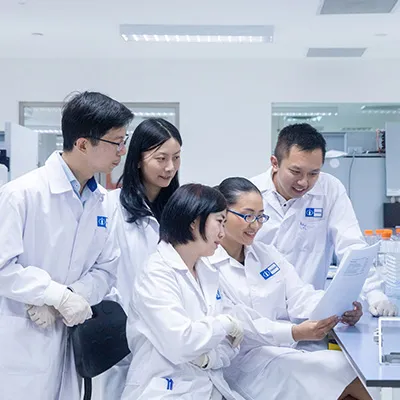Researchers at the Nanyang Technological University's (NTU) Lee Kong Chian School of Medicine have come up with a way to tell if a person has Covid-19 or dengue in just 36 minutes.
This is just a quarter of the time taken by current testing met-hods for the same diseases, NTU said yesterday.
At the moment, the most sensitive way to detect Covid-19 is through a polymerase chain reaction (PCR) technique in a laboratory, which uses a machine to "amplify" viral genetic material by copying it over and over again so any trace of the Sars-CoV-2 virus, which causes Covid-19, can be detected.
But while such a method is accurate, it can take a few hours to complete, partially due to a step known as RNA purification.
When a patient is swab tested, his RNA needs to be extracted from the swab sample to remove any substances in the sample that inhibit the PCR test from working, such as mucin - a main component of mucus.
It also requires chemicals that are now in short supply worldwide, and needs to be carried out by highly trained staff using ex-pensive equipment.
But the NTU team's method, known as "direct-PCR", uses a series of commercially available enzymes and reagents that are resistant to inhibitor substances to overcome this obstacle.
By mixing them together with patient swab samples in a test tube, the team is able to skip the RNA purification step and perform the test on the sample directly, producing accurate results in a shorter time.
Dr Sivalingam Paramalingam Suppiah, a senior research fellow who is part of the team, said: "By skipping the RNA extraction step with our direct-PCR method, we see cost savings... and avoid the problem of reagents in short supply when lab testing is ramped up and the demand increases globally."
The team's method can also be deployed outside of a laboratory using a machine known as a portable thermocycler.
This means there is a possibility that its testing method can be used in community healthcare settings by front-line healthcare workers, rather than needing to send the results to a laboratory and wait for them to be processed there.
The team's leader, Associate Professor Eric Yap, noted that further studies need to be done to see how effective the test method is in a real-world setting.
"When one bottleneck is removed, other challenges may emerge, like ensuring quality control or reducing manual errors," he said.
They are currently aiming to use the method in Covid-19 tes-ting at the NTU Clinical Diagnostic Laboratory.
Prof Yap said that the team's method works on the dengue virus as well, producing results in just 28 minutes. "As Singapore battles the dual outbreak of dengue and Covid-19, both with similar early symptoms, our test could help in differentiating between the two infectious diseases," he said.
He added: "Our goal is to develop ultrafast and automated tests that yield results in minutes, and that can be performed by healthcare workers in the clinic with similar accuracy and sensitivity as in specialised laboratories.
"This will allow us to take PCR testing out of conventional laboratories nearer to the point of care, and into the low-resource settings that need them the most."
© 2020 Singapore Press Holdings
This article was written by Timothy Goh from The Straits Times and was legally licensed through the Industry Dive publisher network. Please direct all licensing questions to legal@industrydive.com.







